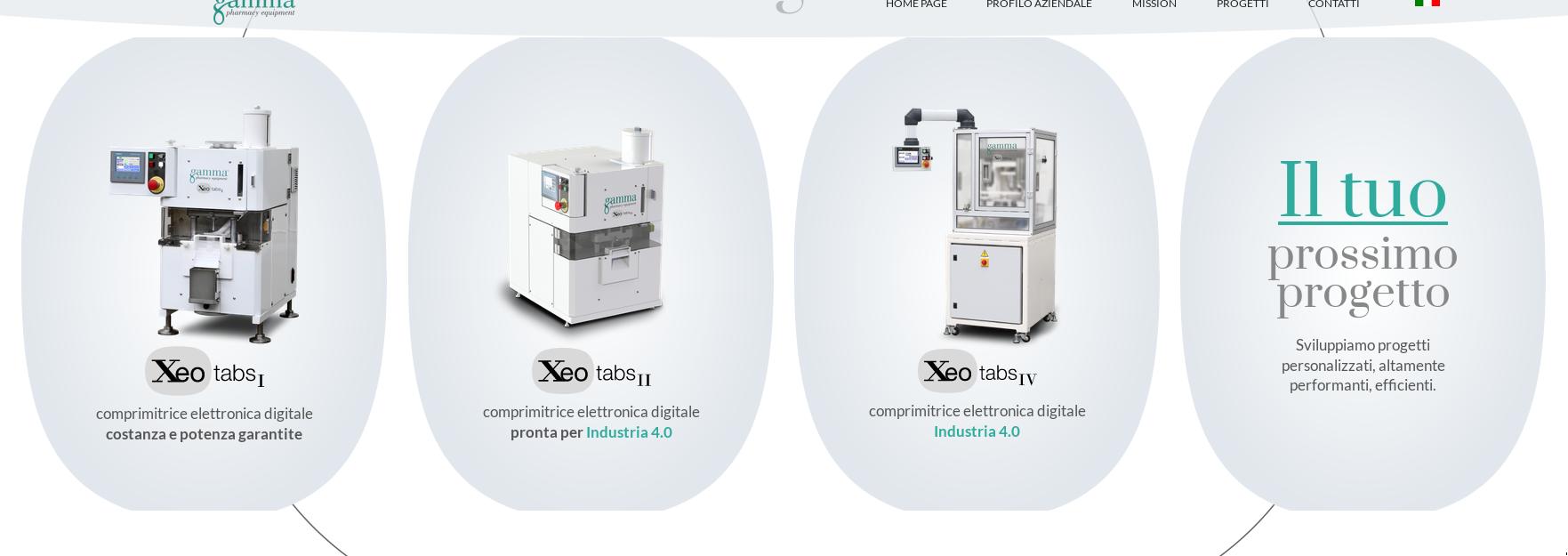Manufacturing pharmaceutical machines
Manufacturing pharmaceutical machines
|
Compression machines represent a crucial component of the manufacturing infrastructure in the pharmaceutical sector, vital for creating solid tablets of medications. These machines play a pivotal role in the manufacturing process, ensuring the precision, uniformity, and efficiency necessary for producing high-quality drugs. In this overview, we'll delve into the operation and significance of compression machines in the pharmaceutical context. |
Manufacturing pharmaceutical machines |
| Galenic laboratory equipment, and Galenic hardness tester, scales, Mixer, Packaging machines for pharmaceutical packaging and packaging systems, Pharmaceutical machinery production including automatic and manual tablet presses encapsulators and fillers. Packaging lines for pharmaceutical products, Single-dose packaging machines for medications |
|
Dosing Precision: Compression machines enable precise dosing of active ingredients in medications. Thanks to their controlled compression capability, it's possible to ensure that each tablet contains the right amount of active ingredient, thus ensuring the drug's safety and efficacy. Uniformity of Tablets: Compression machines ensure the production of uniform tablets in terms of size, shape, and weight. This uniformity is crucial to ensure that each administered dose of the drug is consistent and effective. Significance of Compression machines in the pharmaceutical Sector Compression machines play a fundamental role in drug production for several reasons: Operation of Compression Machines Compression machines operate through a highly controlled and precise process. Initially, active ingredients and excipients are carefully dosed and mixed to create a homogeneous mass. This mixture is then fed into the compression area of the machine. Within the compression area, the mixture is compressed between two dies, forming solid tablets with specific shape, dimensions, and weight. During the compression process, the applied pressure is closely monitored to ensure the consistency and integrity of the produced tablets. |
 Galenica laboratory equipment
Galenica laboratory equipment Blender for galenica
Blender for galenica Scales for galenica
Scales for galenica Hardness tester for galenica
Hardness tester for galenica Packaging lines for pharmaceuticals
Packaging lines for pharmaceuticals
